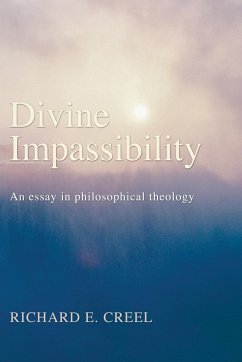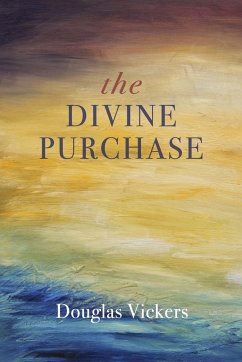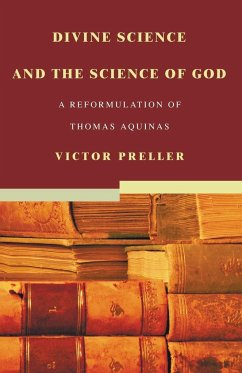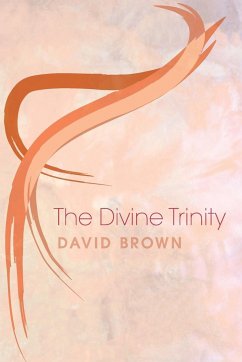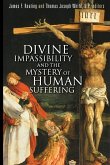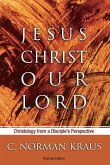In this volume, Richard Creel sets forth a thesis that offers a third way to approach divine impassibility. Defining impassibility as imperviousness to causal influence from external factors, Creel sketches a path between Aquinas and Hartshorne, by asserting that once this definition is accepted, one must still distinguish the various respects in which God is or is not impassible. Virtually no one would dispute that the divine nature is impassible. God will never cease to be God, no matter what happens in creation. With respect to the divine knowledge and will, however, there are conflicting views. Creel claims that God's will is impassible because God knows everything that can be accomplished by divine power. Yet, unlike Aquinas, Creel believes that God has this knowledge in virtue of a 'plenum' of possibilities eternally coexistent with the divine being. The absolute is not simply God, but rather God plus the 'plenum'. Creel suggests that God's knowledge is passible with respect to the contingent future actions of creatures. God knows these actions, therefore, not in their presentiality from all eternity, as Aquinas would hold, but only as they happen and become actual. God's will, however, remains immediately impassible because the divine will is ordered to possibilities, not actualities. God never has to wait until after we do something in order to decide his response to it. He has eternally decided his response to all that we might do. Ultimately God's feelings remain impassible, no matter what concrete decisions human beings make, because the basic intent of the divine plan for us is always achieved: we exercise our freedom to choose for or against God. God is impassible with respect to the divine nature, divine will, and divine feelings; but God is passible with respect to the divine knowledge of future contingent events. Richard Creel taught philosophy and religion at Ithaca College in upstate New York for thirty-three years (1969-2002) and served as President of the New York State Philosophical Association (1972-74). His other publications include 'Thinking Philosophically: An Introduction to Critical Reflection and Rational Dialogue' and 'Religion and Doubt: Toward a Faith of Your Own'.

